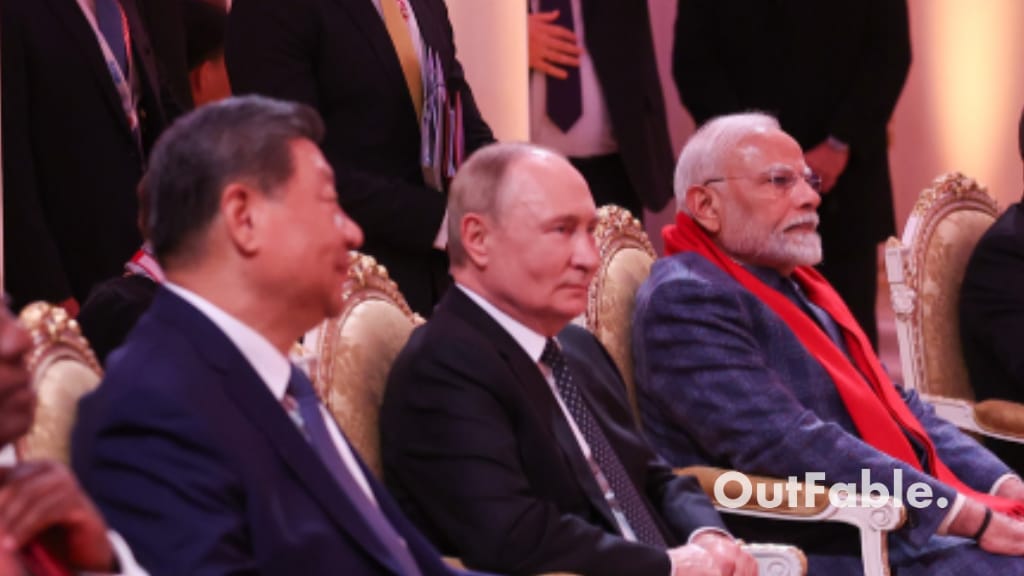US President Donald Trump has again tried to criticize India with it’s trade policies, accusing India of imposing unfairly high tariffs on American goods while enjoying wide access to the US market.
In a post on Truth Social, Trump claimed that India’s offer to slash tariffs on US exports to zero had come “too late.” He described the trade relationship as a “totally one-sided disaster,” saying Washington had tolerated it for far too long.
This event comes at a time when Prime Minister Narendra Modi participated in the Shanghai Cooperation Organisation (SCO) summit in China’s Xinjiang, where he met Russian President Vladimir Putin and Chinese President Xi Jinping. The timing has prompted speculation that Trump’s escalating tariffs could nudge India closer to Moscow and Beijing, particularly as New Delhi continues to expand energy and defence ties with Russia.
Over the past two weeks, Trump has steadily increased pressure on India. On July 30, he announced a 25 per cent tariff on all Indian exports to the US, citing a deep trade imbalance. He also dragged India’s oil imports from Russia and later labelled both India’s and Russia’s economies “dead.” By August 6, Trump had imposed a second round of 25 per cent duties, bringing the total tariffs to 50 per cent—the steepest currently applied to any country by Washington.
The aggressive move has sparked unease within the US itself. Former UN Ambassador Nikki Haley said India was being unfairly singled out for its energy trade with Russia while China, the largest buyer of Russian oil, faced no similar penalties. Former National Security Advisor Jake Sullivan also warned that isolating India could backfire, driving one of America’s key Indo-Pacific partners closer to Beijing.
In contrast, the US State Department has struck a conciliatory note. The US Embassy in New Delhi recently emphasised the “enduring friendship” between the two countries, calling their partnership a cornerstone of 21st-century geopolitics. Secretary of State Marco Rubio echoed the message, stressing that people-to-people ties would keep the relationship strong despite current tensions.
Back in India, Commerce Minister Piyush Goyal dismissed suggestions that New Delhi might yield to American pressure. “We will neither appear weak nor back down,” he said, underlining India’s determination to diversify its export markets and reduce reliance on any single partner.
Experts have several opinions on the long-term consequences of Trump’s tariff war. While some argue that the move is designed to push India to scale back ties with Russia, others alert that it risks undermining US strategic interests in Asia and weakening the Quad alliance of India, Japan, Australia, and the United States.
